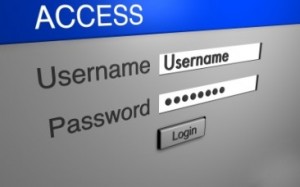If you are stuck at home, as millions currently are, make use of your time to accomplish some long-neglected tasks. It’s a great time to do some painting, repair some things that need attention and most importantly strengthen some family ties.
Take some time to email or text family members with your hopes for the future and your fondest reminiscences of the past. Perhaps there’s a bit of family history you know that should be shared with others. Think and talk about your plans for a reunion, vacation or family picnic when the pandemic eventually ends.
Talk about the woes your ancestors faced during the Spanish flu of 1918. Remember some of the fun things that happened at prior family events and share the memories. Think back to the oddball events that shaped your life and the lives of your family members. Talk about and relive them by sharing with the whole family.
It will bring you much happiness and, hopefully, much joy for the whole family. If others respond in similar fashion everyone will learn more about who you all are and how your families live or have lived.
While we remain physically distant from one another, sharing memories, hopes and dreams will draw us closer.
And if you are still going stir crazy this is a golden opportunity to clear out the basement, garage and attic. Pack up all that stuff you don’t need right now and take it a Dino’s Storage near you. Dino’s will even lend you a truck – free – to move your stuff to the storage facility.
